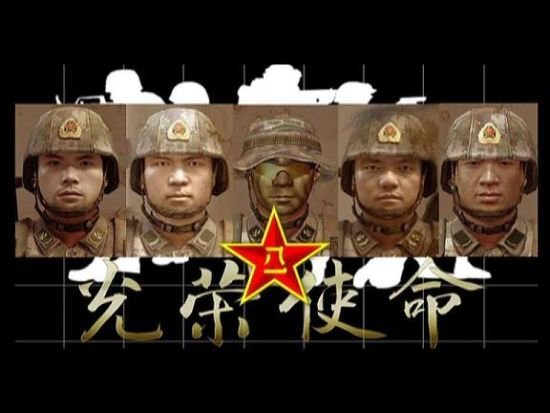Chinese Propaganda Games Are Popular but Not Effective
China has always viewed video games as a negative influence to society and the social order. In 2009, the Chinese Ministry of Culture banned mafia games, citing that these games embody antisocial behavior like killing, beating, and looting. China has not slowed down on its blacklisting of games, and they have even banned consoles such as the Playstation and Xbox. Contrary to what China’s past actions may infer, they have been actively investing millions of dollars to game companies in the form of grants and tax breaks.
However, a new political move targeting the 120 million Chinese online gamers comes with some strings attached to these game developers. According to The Telegraph, The Communist Party is now releasing a new game later this year called Glorious Mission, but there have already been multiple games created under this political agenda.
The purpose of these Communist Party funded games is to instill core values of the military in its players. One of the games created through this funding is Learning from Lei Feng by Chinese game developer, Shanda. It was given to Shanghai’s Communist Youth League to further strengthen the moral ideologies of youth. In the game, players won points for selfless acts and living a thrifty life such as offering help when needed, rather than promoting sheer killing and bloodshed.
In parts of the game, players will have to help old men cross the street while stopping people’s bad habits such as breaking traffic rules, trampling on grass, and/or yelling profanities. One of the spokespeople for Shanda stated that the creation of this game was initiated by the Party and in return, Shanda received special tax breaks.
The most popular propaganda-embedded games are the series of nationalistic games based around anti-Japanese sentiment. Game developer ZQ Games have claimed that around 2-3 million players are currently online engaging with their war games. A ZQ spokesperson stated that “they are the only company developing Chinese culture-based games”. In return to their productivity for the central government, ZQ Games enjoyed 71% of their 2011 profits from grants and tax breaks.
However, there have been complaints from the public youth and shareholders that these games are not balanced and cater more towards propaganda than game design. With the end goal of the Party to instill core values rather than letting its constituents derive personal enjoyment from playing games, it is not hard to believe that a fun design was not the first priority.
Ironically enough, Liu Yang—a game developer—states that the games with the most amount of propaganda have had the least amount of popularity. Generation Y is not just localized to America. It is a global demographic, and the problem with the cultural propaganda China wants to implement is that they don’t stimulate youth on an intrinsic level.
Generation Y is a population of highly critical thinkers, and Chinese youth want to have their own judgment and principles, free from specific government impositions. As a double whammy, anti-Japanese games such as Resistance War Online have shown that Chinese players have spent more time quarreling with each other rather than completing mission objectives. For a lesson in history, this pokes at the notion that China was a “unified” country against the Japanese.
It is hard to conclude that government-funded propaganda games have been effective on the Chinese population. Rather, these implementations hint towards the hypothesis that games stripped of its intrinsic enjoyment offer little to no personal value to the gamer. It also shows that China isn’t necessarily anti-games. They only blacklist games that don’t conform to the message that China is trying to spread to maintain hierarchy and social order.
Glorious Mission, the Party’s newest game, has been developed by seven Propaganda officials and overseen by the People’s Liberation Army. Time will only tell how youth gamers receive it, but we can be safely sure to say that it won’t be the same “electronic crack” like World of Warcraft — the games just aren’t good enough.









When they get it right, this could be very scary indeed.
Ah, the global marketplace, where we love to instantly tell our potential competitors how they suck and why!